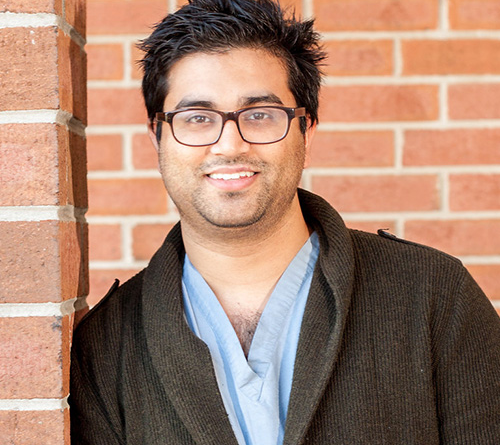In the fast-paced world of healthcare, one term that has gained significant prominence in recent years is telemedicine. This groundbreaking practice involves the delivery of medical services and consultations remotely through telecommunications technology. One visionary leader, Nihar Gala, has been at the forefront of this telemedicine revolution, championing a vision for accessible healthcare that transcends geographical boundaries.
Nihar Gala journey into healthcare began with a passionate desire to make a difference in the lives of patients. His career as a pharmacist provided him with a unique perspective on the challenges patients faced in accessing quality healthcare. This firsthand experience ignited his unwavering determination to create a healthcare ecosystem where healthcare could reach every corner, regardless of location.
Under Gala’s visionary leadership, he founded Alpha Medical Care, an institution committed to delivering patient-centric healthcare services. His mission was straightforward: to provide healthcare that prioritizes the unique needs and well-being of each individual. One of the cornerstones of this mission has been the integration of telemedicine into the healthcare system.
Gala’s vision for telemedicine is multifaceted and far-reaching, and it is transforming the way healthcare is delivered:
Geographical Barriers Eliminated: One of the primary advantages of telemedicine is that it breaks down geographical barriers. Patients living in remote or underserved areas can now access healthcare services without the need to travel long distances. This has been a game-changer in ensuring that healthcare is accessible to everyone, regardless of where they are located.
Convenience and Accessibility: Telemedicine offers patients the convenience of receiving medical consultations from the comfort of their homes. This not only reduces the time and effort required for in-person visits but also promotes timely interventions and proactive healthcare management.
Cost Savings: Telemedicine has the potential to reduce healthcare costs significantly. By eliminating the need for physical infrastructure and streamlining administrative processes, healthcare providers can offer services more cost-effectively. This, in turn, contributes to making healthcare more affordable for all.
Remote Monitoring and Management: Telemedicine is not limited to medical consultations alone. It also includes remote monitoring of patients with chronic conditions. This technology allows healthcare providers to keep a close eye on patients’ health, making early interventions possible and reducing the risk of complications.
Enhanced Healthcare Efficiency: The integration of telemedicine has streamlined administrative tasks and improved resource allocation. Electronic health records (EHRs) and data analytics are optimizing the patient experience, reducing paperwork, and enhancing the efficiency of healthcare organizations. This, in turn, contributes to cost savings, making healthcare more efficient.
Gala’s commitment to healthcare reform remains unwavering, even in the digital realm. He actively advocates for equitable access to quality care and recognizes that telemedicine is a vital tool in achieving this goal. It has the potential to bridge gaps in healthcare disparities, ensuring that underserved populations can benefit from the digital healthcare revolution.
In conclusion, Nihar Gala vision for accessible healthcare through telemedicine is revolutionizing the healthcare industry. His dedication to breaking down geographical barriers, enhancing convenience, reducing costs, and ensuring equitable access to quality care is shaping the future of healthcare.
As Gala’s vision continues to evolve and gain momentum, it is clear that his influence will leave a lasting legacy. The future of healthcare is brighter with Nihar Gala leading the charge, making healthcare accessible to all, regardless of their location or circumstances, through the transformative power of telemedicine.



